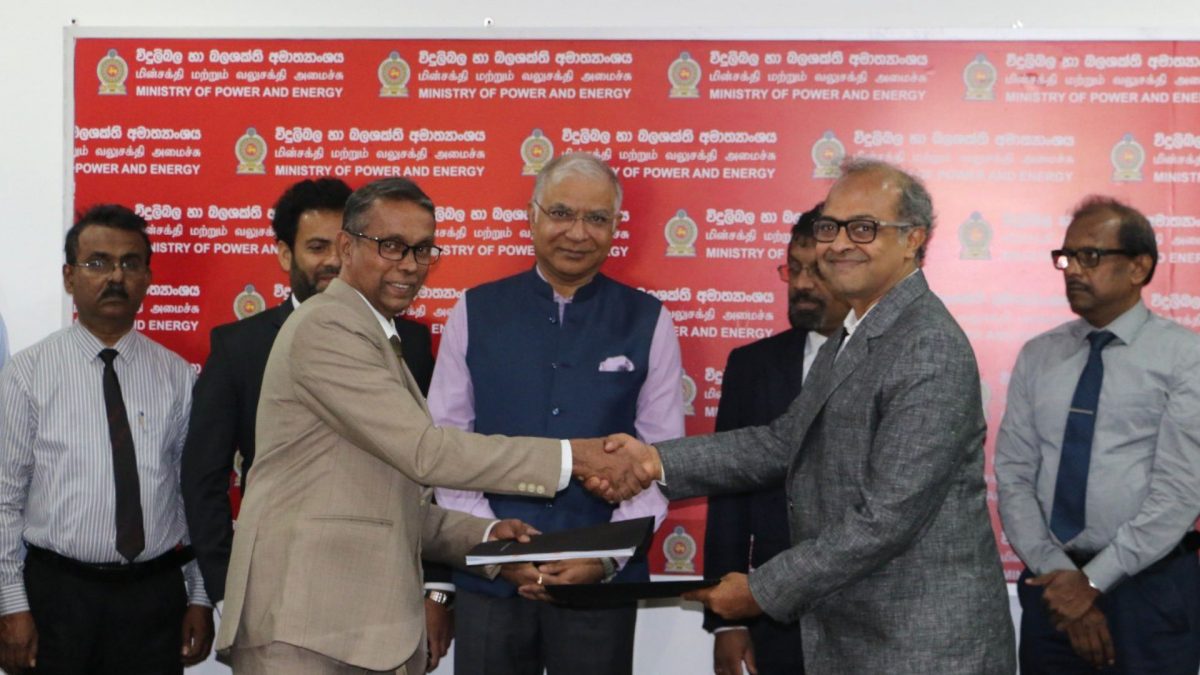The ambush in Shopian district of south Kashmir on Thursday, in which three soldiers were killed, should serve as an urgent wake-up call for the security establishment. Undifferentiated reports about the deaths of a couple militants, or a few army men, or both, in Kashmir have become so common that most observers seem to have missed the import of Thursday’s incident.
This sort of a successful ambush of army soldiers, including officers, in the middle of the night is unprecedented in the long history of militancy in Kashmir.
The army company was lured towards the village, in the hopes of catching or killing some militants. But it was apparently a trap as the army men were attacked with great effectiveness on their way back from the patrol.
Jamaat-e-Islami stronghold
The village to which they were lured is a key centre of the Jamaat-e-Islami, a cadre-based religio-political organisation. A former Amir-e-Jamaat of Kashmir, Hakim Ghulam Nabi, brought the Jamaat ideology to his village way back in 1945. Though he did not support militancy himself, many among the large and active Jamaat cadre in the area did during the 1990s, and again now.
Innumerable attempts by the security forces in the state to capture the general secretary of the Syed Ali Shah Geelani faction of the freedom movement in that area have failed when, each time, people from several nearby villages gathered to foil the forces’ attempts.
Hizbul Mujahideen, which claimed responsibility for Thursday’s attack, has been patronised by large sections of the Jamaat cadre ever since the militant outfit was taken over by Syed Salahuddin, under an agreement that was made between Geelani and Pakistan’s Inter-Services Intelligence (ISI) in January 1990.
By 1991, Geelani had, for all purposes, hijacked the organisation for the Jamaat cadre; most of whom were loyal to him, even though the gentle Ghulam Nabi remained their nominal head until 1997.
Unaffordable complacence
The security establishment in New Delhi has been complacent for far too long. The presumptive ’experts’ among our rulers have missed even the ’last-chance’ opportunity presented to curb militancy in the state in the past three months. Perhaps, they had actually thought – what they asked the rest of us to believe – that demonetisation had finished ’terrorism'.
This country cannot afford such tomfoolery.
Greatest challenge
Kashmir is in the deepest militancy crisis it has seen since 1990. The way some of the current militants operate indicates that they were trained in the same facilities as the lethal ten who had attacked Mumbai in November 2008.
In purely military terms, the biggest challenge the army has faced so far in Kashmir was from 1999 to 2001 – from the time Pervez Musharraf took over Pakistan’s government to the time India amassed its troops on the border. It was a phase that saw multiple suicide attacks, mainly by cadres of Lashkar-e-Taiba (LeT).
The current challenge is different, and could prove to be far greater. Rather than jump in to die, like those suicide attackers, some of the new militants have employed extraordinary intelligence and manipulation. Thursday’s lure and ambush is reminiscent of how the single most potent anti-militancy operative, Sub-inspector Altaf, was killed in 2015.
That should have served as a wake-up call, but it is like water off a duck’s back for our ‘security experts’.
Information blackout
The security forces are not receiving any information any more. Even those Kashmiris, who would want to settle down to a stable, prosperous future within the status quo, have become cynical and deeply frustrated about the callous indifference and arrogant contempt of the ruling establishment in New Delhi.
The Kashmiris who took the risk (despite stone-pelting and irate demonstrations) to meet Union Home Minister Rajnath Singh and his high-sounding entourage when he visited the Valley in mid-July 2016, soon after militant commander Burhan Wani was killed, are confused about what his assurances and big talk of turning a leaf were all about.
The information blackout makes it clear that the vast amounts of taxpayer’s money spent on army’s much-touted ‘Sadbhavana’ (goodwill) scheme since 1988 has been wasted. In fact, the scheme has probably been counterproductive. For one, some of the ways in which it was implemented left the common people disappointed and cynical.
More importantly, along with the secret funds, medals, rewards and citations that have been on offer during Kashmir postings, the high-spend Sadbhavana schemes became one more reason for the army to resist demobilisation from the state, even after militancy was ended around 2006.
The overwhelming deployment, which young Kashmiris experienced as humiliating, is one of the reasons why a new generation has picked up stones, and in some cases arms, against the system.
From the look of things, there will be hell to pay for that resistance, the security establishment’s arrogance, and New Delhi’s ‘ostrich’ imitations.


)




)
)
)
)
)
)
)
)